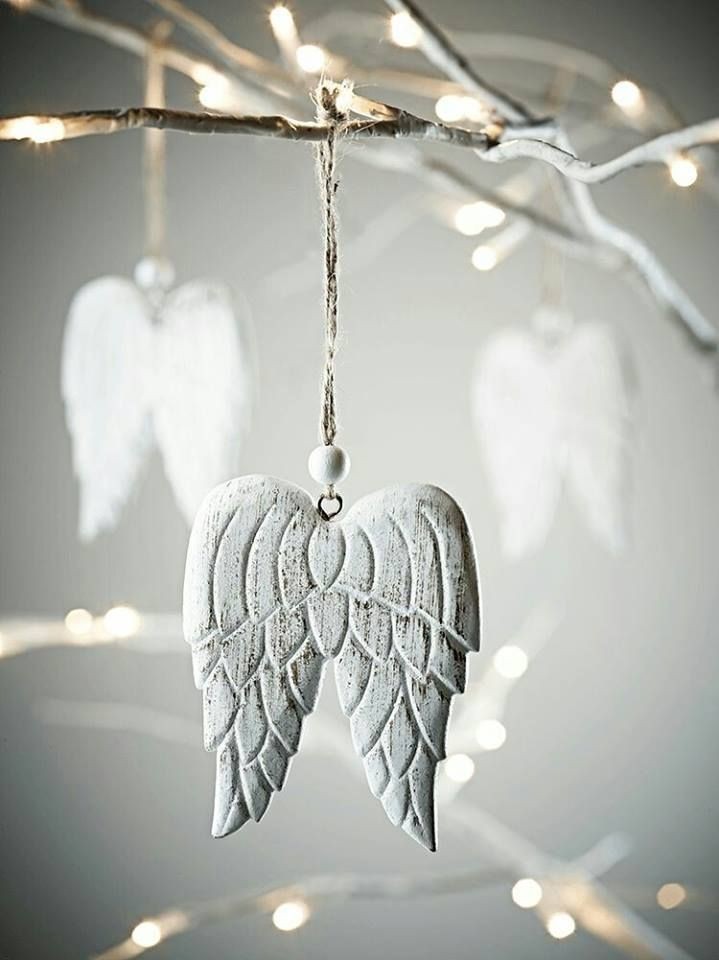The Punu Tribe: An Ethnographic Exploration of Culture, Art, and Rituals
- Koöko Fleurs
- Nov 5, 2024
- 3 min read

The Punu, also referred to as Bapunu, Pungwe, or Uréwé, are a Bantu ethnic group primarily residing in Gabon and the Republic of Congo. Celebrated for their sophisticated masks, intricate initiation ceremonies, and rich cultural heritage, the Punu exhibit a unique cultural identity deeply intertwined with that of neighboring tribes.
Social Structure and Caste System
Punu society is organized into a structured caste system that ensures social stability and cohesion. At the apex are the chiefs and nobles, who hold significant political and religious authority. The commoners, comprising farmers, hunters, and artisans, are the community's foundation. This social stratification delineates clear roles and responsibilities, maintaining the social fabric.
Initiation Rites: Pathways to Adulthood
Initiation rites are pivotal in Punu culture, marking the transition from childhood to adulthood. These rites are deeply embedded in the tribe’s social and spiritual life, imparting essential values and skills to the younger generation.
Boys' Initiation (Mukudj)
The Mukudj ceremony is a critical rite of passage for boys, involving elaborate dances and acrobatics. During this period, boys are trained in various skills and social values, preparing them for their roles as adults. The Mukudj mask, worn by male performers, captures the likeness of the most beautiful woman in the community, symbolizing idealized femininity.
Girls' Initiation
Girls’ initiation rites focus on preparing them for womanhood. These rites involve lessons on domestic duties, child-rearing, and social etiquette, ensuring that girls are well-equipped to contribute meaningfully to their families and communities.
Artistic Heritage and Cultural Parallels
Punu art is renowned for its wood carvings, particularly masks, which are used in various ceremonies. These masks are detailed and symbolic, reflecting the tribe’s connection to their ancestors and the natural world.
Masks hold significant importance in Punu culture, acting as conduits between the physical and spiritual realms. They are used in various ceremonies and healing rituals, believed to channel the energies of ancestral spirits.
The "Mukudj mask" is a quintessential artifact of Punu culture, renowned for its intricate beauty and deep cultural significance. Traditionally used in initiation ceremonies, the Mukudj mask represents the spirit of a deceased ancestor, embodying idealized femininity and beauty. Crafted from wood and adorned with plant fibers, beads, and pigments, these masks feature intricate carvings, including cicatrization patterns on the forehead and temples, which signify spiritual protection and beauty. During the Mukudj ceremonies, male performers don these masks to perform elaborate dances and acrobatics, invoking the presence of the ancestors to guide and protect the initiates. The mask's detailed craftsmanship and symbolic motifs reflect the Punu's artistic sensibility and cultural depth.
In addition to the Mukudj mask, the Punu use various other masks and sculptures for healing purposes. The "Ikhora mask" is often used in healing rituals, believed to channel the energies of ancestral spirits to provide physical and spiritual well-being. These masks, characterized by their serene expressions and detailed carvings, are worn by healers during ceremonies to invoke protection and balance. Another significant sculpture is the "Ngil mask", traditionally used by secret societies for protective and judicial purposes. The Ngil mask, with its elongated face and prominent features, symbolizes the power and authority of the ancestors in maintaining social order and delivering justice. These masks and sculptures not only serve as artistic masterpieces but also play a crucial role in the spiritual and social life of the Punu, reinforcing their connection to their heritage and the natural world.
The Punu share numerous cultural and artistic similarities with neighboring tribes, such as the Lunda, Luvale, and Lwena. These connections are reflected in their art and rituals.
Lunda Influence: A shared history and intermarriage have led to similar artistic motifs and ceremonial practices.
Luvale and Lwena Parallels: Mask-making and initiation rituals among the Punu bear similarities to those of the Luvale and Lwena, highlighting a shared cultural heritage.
The Punu tribe's rich cultural tapestry, defined by its hierarchical social structure, elaborate initiation rites, and profound artistic heritage, illustrates their deep connection to their ancestors and the natural world. Through their caste system, ceremonies, and the symbolic use of masks, the Punu maintain a vibrant cultural identity, preserving and transmitting ancestral knowledge across generations.











Comments